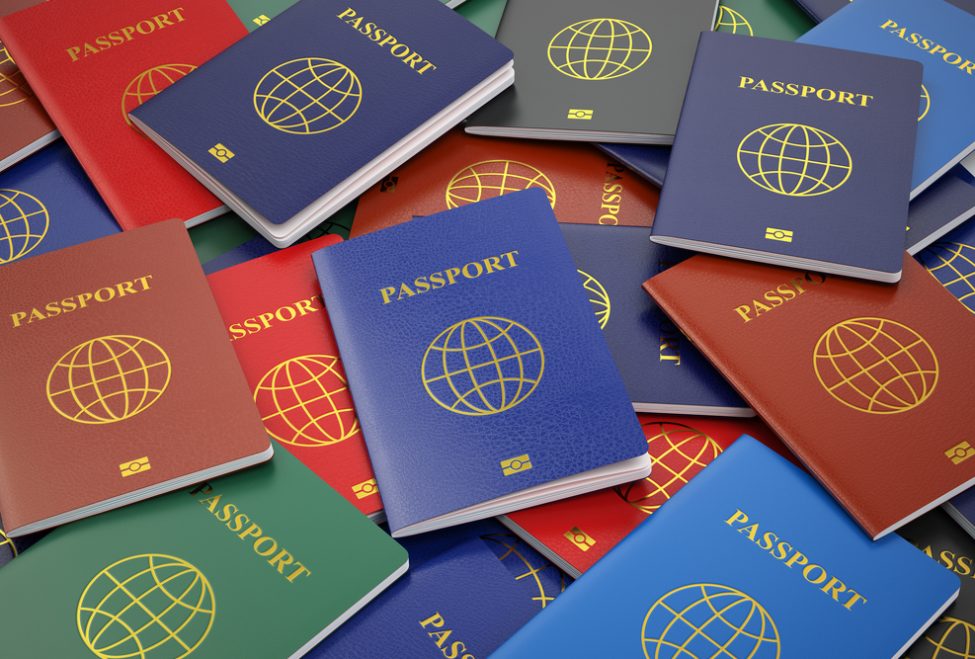Billions of people travel around the world crossing international borders through air, sea and land routes. You might have noticed people commonly carry red, blue or green passports.
The World Tourism Organization estimated 1.4 billion international tourist arrivals in 2018. Airlines carried 4.1 billion passengers in 2017, according to IATA . Most are known to travel with passport as a widely accepted travel documents.
But do you know most passports issued in the world, uses only four primary colours?.
These are Red, Blue, Green, Black (RGBB). In a computer terminology, RGB (red blue green) color map, these three colors are the primary colors mixed to produce more than 255 color shades ( 8 bits).
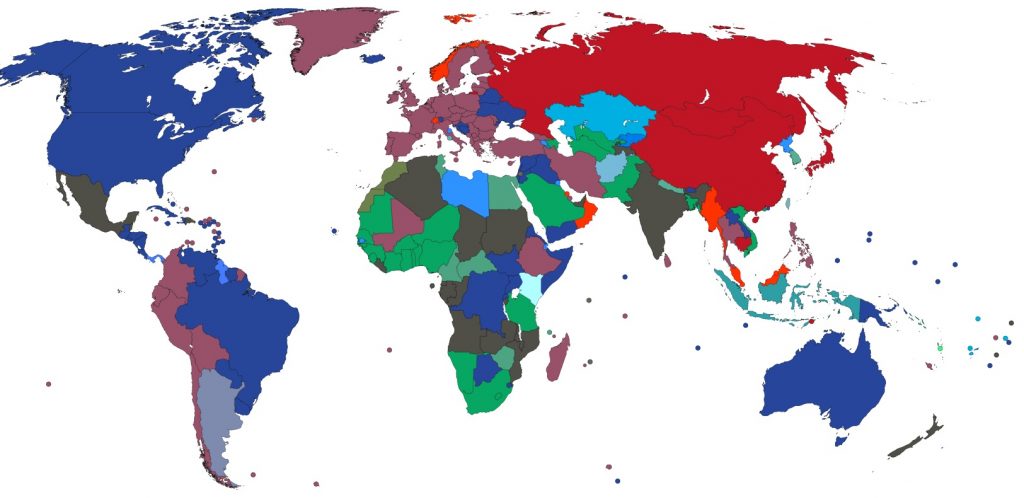
Passports became necessary requirement only after WWI which prompted mass migration and border controls were enforced. Before that passports and visas were the same.
The 1920 League of Nations meeting in France laid the foundations of passports and standardised the use of passports as travel documents. During the meeting 42 nations implemented common size, layout, and design of travel documents. A standard template for a 32-page booklet established measuring exactly 15.5 cm x 10.5 cm (6.1 inches x 4.1 inches) with the first four pages detailing the bearer’s facial characteristics, occupation, and residence.
Today’s passports evolved from bits of paper to paper booklets and digital booklets (e-chip). Despite this passport layouts have remained much the same for nearly 100 years. The International Civil Aviation Organization (ICAO) issues specifications for security, design, manufacturing and issuance of passports. New advances in invisible ink technology, polycarbonate data pages, watermarking, security threads with high security printing offers robust protection against forgery and fraud
The rationale behind using dark colors is to show less exposure to dirt and wear. Issuing States and organizations may choose the materials to be used in the production of their travel documents. Passports should be resistant to chemicals, exposure of light and should not lose its functionality after being exposed to temperatures ranging from –35°C to +80°C
While countries are free to choose from the set of four colors, the color used in the front cover of passports also have a meaning and significance
- Red – Most popular color for passports
- Blue – Second popular color
- Green – Third popular color
- Black – Rare color
Color symbolism refers to the use of color as a symbol in various cultures including in identification documents..
1. Red
The shades of Red and Burgundy are widely used and most common color. More than a billion people carry around and use red passports. Almost all the EU passports (except Croatia) use red passports. The countries with big population China, Russia, Philippines also have red passport shades. The swiss passport has a bright red color.
Red is stimulating, vibrant and exciting. Red is the color used universally to signify love, passion also for danger, courage, strength, and power.
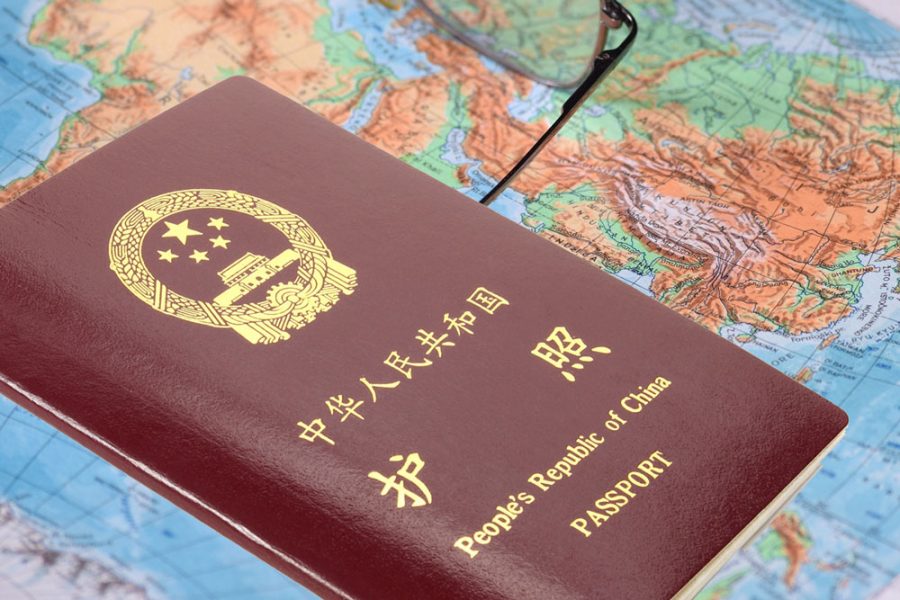
2. Blue
Blue passports symbolizes New world second widely used passport passport color in US, Canada, India, Australia and wide range of countries.
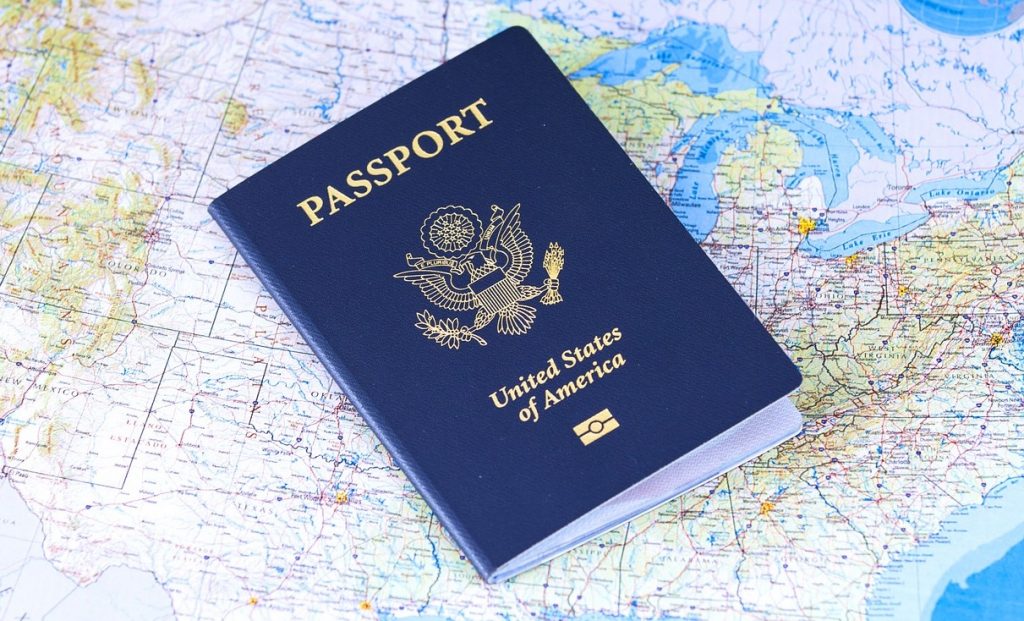
The US passport has a history of color changes. In 1970 the US passport became blue and during a brief period between 1993 – 1994 green was used and later was switched back. After Brexit UK passports will change to blue from burgundy.
The Blue known to induce calm and convey tranquillity, serenity and peace. It also brings confidence and inspires feelings of trust, loyalty, integrity and responsibility.
3. Green
Islamic/Muslim countries use green for religious purposes. The Green is the favorite color of Prophet Muhammed
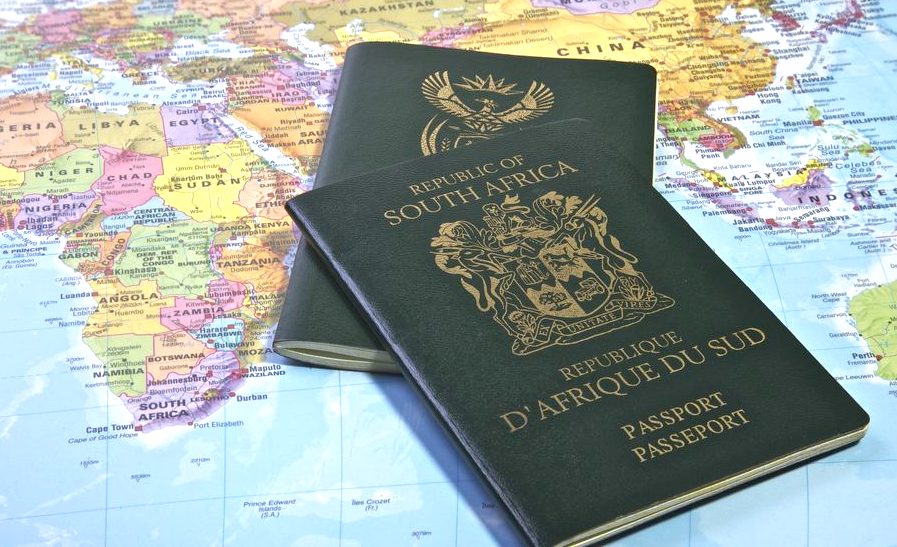
Green used to represent nature, healing, or fertility, since it’s such a dominant color in nature. It is also used to represent money and wealth
4. Black
Passports with black color are rare only used by some five countries (eg. New Zealand and some african countries Botswana, Zambia).
The black is sometimes associated with flag
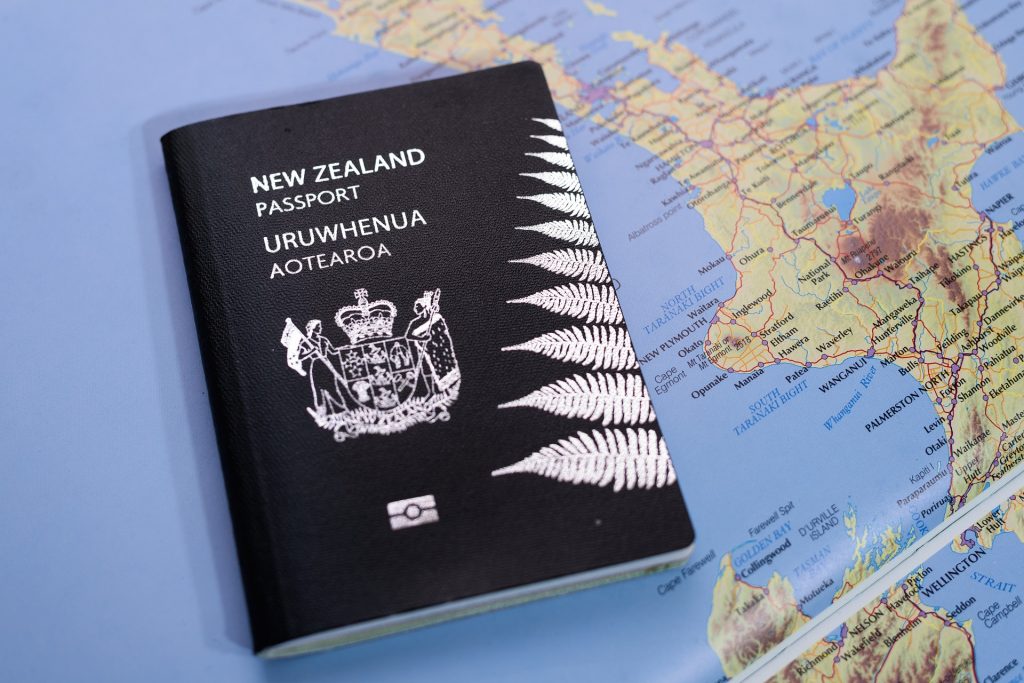
Black signifies power and control.

